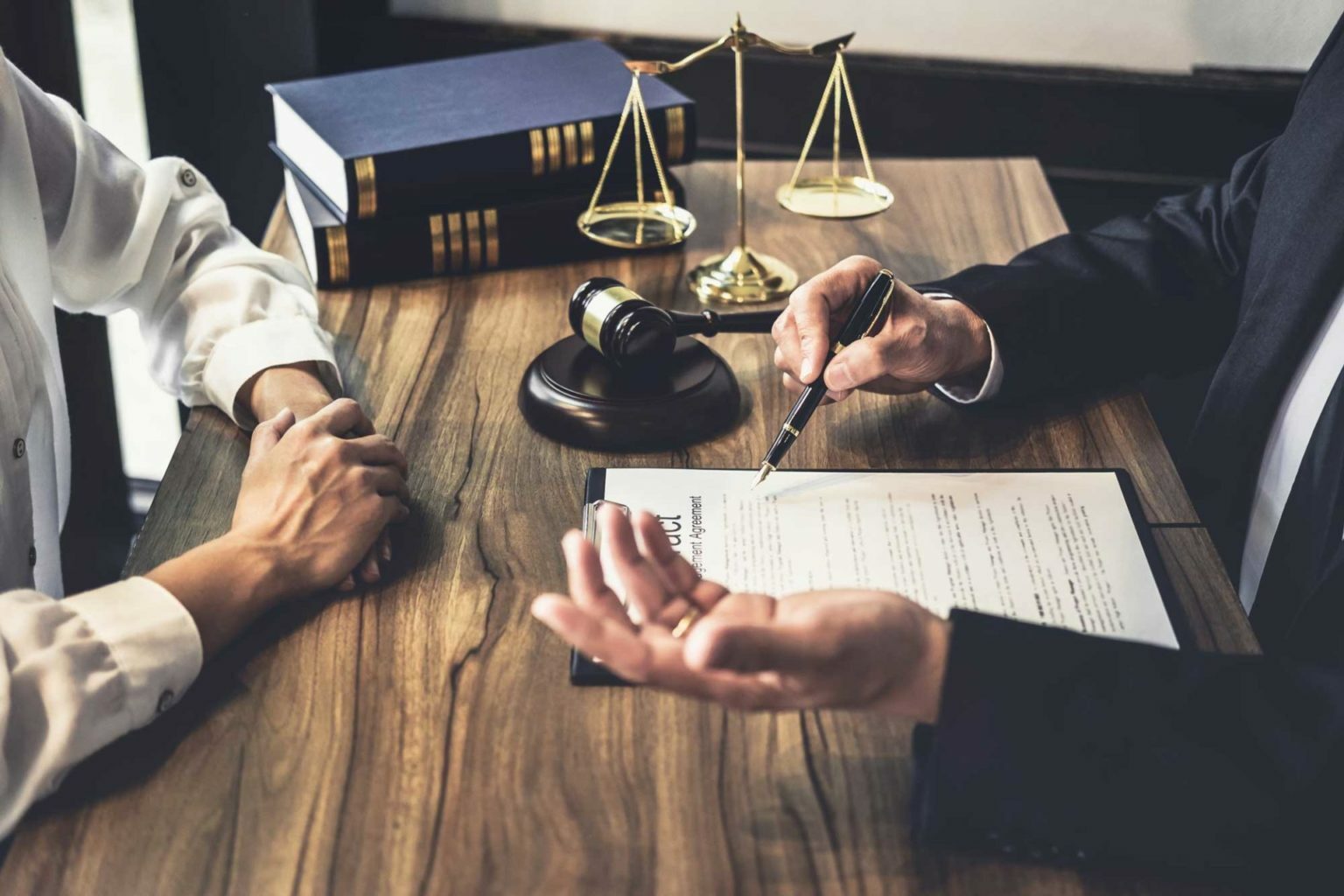Legal Guidance in Times of Crisis: How Personal Injury Attorneys Can Help You Rebuild Your Life
Legal Guidance in Times of Crisis: How Personal Injury Attorneys Can Help You Rebuild Your Life
In times of crisis, whether it’s a car accident, medical malpractice, workplace injury, or any other unfortunate incident causing personal harm, the aftermath can be overwhelming. Besides the physical and emotional toll, there are often financial burdens, legal complexities, and uncertainties about the future. This is where personal injury attorneys step in, not just as legal representatives, but as guides and advocates for rebuilding lives.
Understanding Personal Injury Law
Personal injury law encompasses a broad spectrum of cases where an individual suffers harm due to the negligence, recklessness, or intentional actions of another party. These cases can involve various scenarios such as motor vehicle accidents, slip and fall incidents, defective products, medical malpractice, and more.
The primary goal of personal injury law is to compensate the injured party for their losses. These losses, known as damages, can include medical expenses, lost wages, pain and suffering, emotional distress, and other related costs.
The Role of Personal Injury Attorneys
Personal injury attorneys play a crucial role in navigating the complexities of the legal system on behalf of their clients. Here’s how they can help individuals rebuild their lives in times of crisis:
1. Legal Expertise and Guidance
Personal injury law can be intricate, involving statutes, regulations, and case precedents that may vary from one jurisdiction to another. Attorneys specializing in this field possess the legal knowledge and expertise necessary to interpret and apply these laws effectively. They can guide clients through every step of the legal process, ensuring their rights are protected and advocating for fair compensation.
2. Investigation and Evidence Gathering
In many personal injury cases, establishing liability requires thorough investigation and collection of evidence. Attorneys have the resources and experience to conduct investigations, gather relevant evidence such as accident reports, medical records, witness statements, and expert opinions, which can strengthen the client’s case.
3. Negotiation with Insurance Companies
Insurance companies often play a significant role in personal injury claims, as they are responsible for compensating the injured party in many cases. However, insurers may try to minimize payouts or deny claims altogether to protect their interests. Personal injury attorneys are skilled negotiators who can engage with insurance companies on behalf of their clients, advocating for fair settlements that adequately address the damages incurred.

4. Litigation Representation
While many personal injury cases are resolved through negotiations and settlements, some may require litigation to achieve a satisfactory outcome. In such instances, attorneys represent their clients in court, presenting arguments, examining witnesses, and advocating for their rights before a judge or jury. Having experienced legal representation can significantly enhance the chances of success in litigation.
5. Compassionate Support
Beyond their legal expertise, personal injury attorneys provide compassionate support and guidance to their clients during what can be a challenging and stressful time. They understand the physical and emotional toll of injuries and strive to alleviate some of the burdens by handling the legal aspects of the case, allowing clients to focus on their recovery and rebuilding their lives.
Rebuilding Lives Through Compensation
One of the primary objectives of personal injury claims is to obtain compensation that helps injured individuals rebuild their lives and regain some sense of normalcy. Compensation can cover various economic and non-economic damages, including:
– Medical expenses: Including past and future medical bills, rehabilitation costs, and expenses for ongoing care or treatment.
– Lost wages: Compensation for income lost due to inability to work during recovery, as well as any potential future earning capacity affected by the injury.
– Pain and suffering: Non-economic damages intended to compensate for physical pain, emotional distress, and loss of enjoyment of life resulting from the injury.
– Property damage: Reimbursement for any damage to personal property caused by the incident, such as vehicle repairs in a car accident.
– Punitive damages: In cases involving egregious negligence or intentional misconduct, punitive damages may be awarded to deter similar behavior in the future.
Conclusion
In times of crisis following a personal injury, having the guidance and support of a knowledgeable personal injury attorney can make a significant difference in the journey toward rebuilding one’s life. From navigating the legal complexities to advocating for fair compensation, these attorneys serve as allies for injured individuals, helping them pursue justice and regain stability after a traumatic experience. If you’ve been injured due to someone else’s negligence, don’t hesitate to seek legal assistance to protect your rights and pursue the compensation you deserve.
